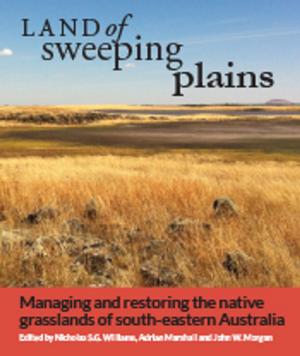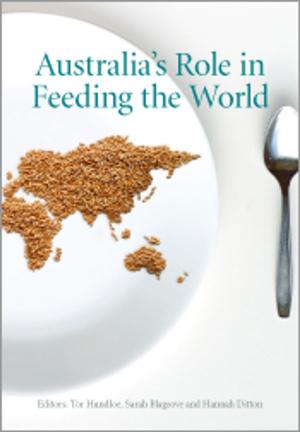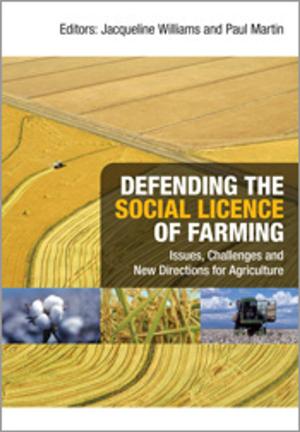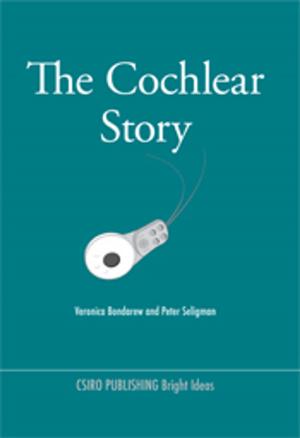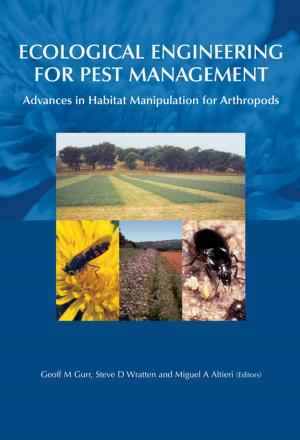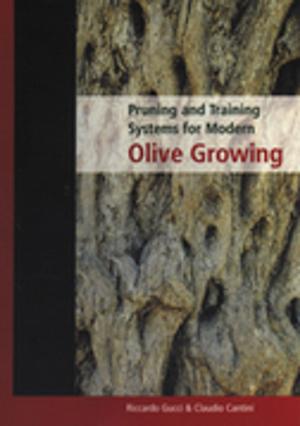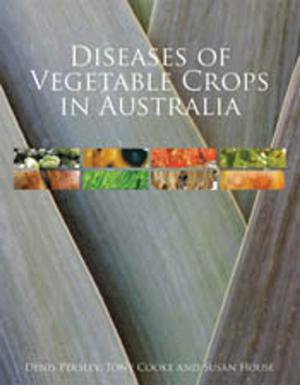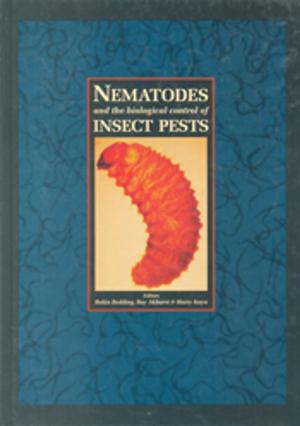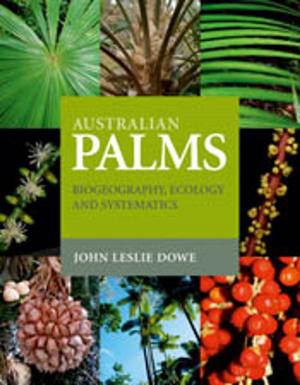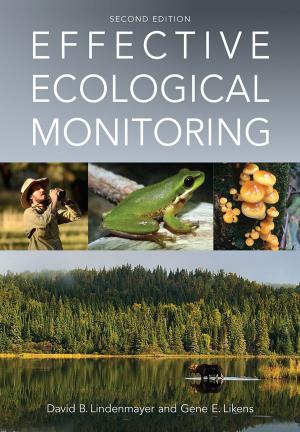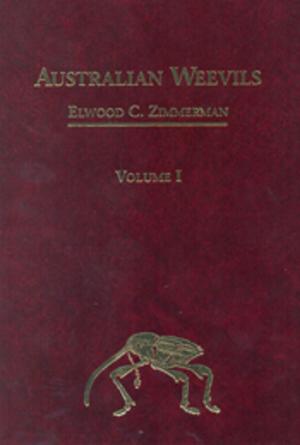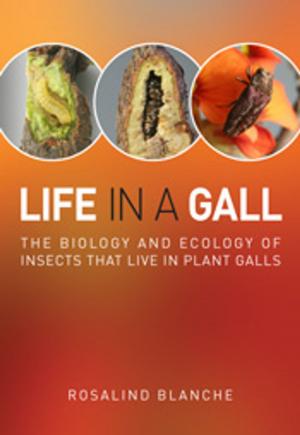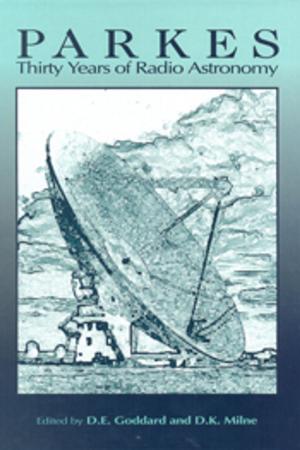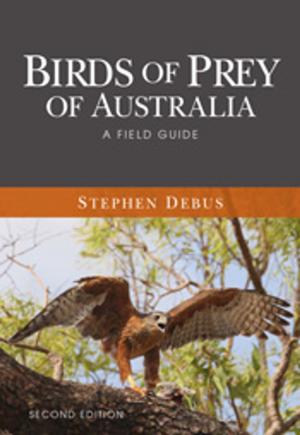Australian Longhorn Beetles (Coleoptera: Cerambycidae) Volume 1
Introduction and Subfamily Lamiinae
Nonfiction, Science & Nature, Technology, Nature, Science| Author: | Adam Slipinski, Hermes Escalona | ISBN: | 9781486300051 |
| Publisher: | CSIRO PUBLISHING | Publication: | September 20, 2013 |
| Imprint: | CSIRO PUBLISHING | Language: | English |
| Author: | Adam Slipinski, Hermes Escalona |
| ISBN: | 9781486300051 |
| Publisher: | CSIRO PUBLISHING |
| Publication: | September 20, 2013 |
| Imprint: | CSIRO PUBLISHING |
| Language: | English |
Longhorn Beetles — Cerambycidae are one of the most easily recognised groups of beetles, a family that worldwide encompasses over 33,000 species in 5,200 genera. With over 1,400 species classified in 300 genera, this is the sixth largest among 117 beetle families in Australia. These beetles often attack and kill living forest or orchard trees and develop in construction timber (like European House borer, introduced to WA), causing serious damages. Virtually all Cerambycidae feed on living or dead plant tissues and play a significant role in all terrestrial environments where plants are found. Larvae often utilise damaged or dead trees for their development, and through feeding on rotten wood form an important element of the saproxylic fauna, speeding energy circulation in these habitats. Many species are listed as quarantine pests because of their destructive role to the timber industry. This volume provides a general introduction to the Australian Cerambycidae with sections on biology, phylogeny and morphology of adult and larvae, followed by the keys to the subfamilies and an overview of the 74 genera of the subfamily Lamiinae occurring in Australia. All Lamiinae genera are diagnosed, described and illustrated and an illustrated key to their identification is provided. A full listing of all included Australian species with synonymies and bibliographic citations is also included.
Longhorn Beetles — Cerambycidae are one of the most easily recognised groups of beetles, a family that worldwide encompasses over 33,000 species in 5,200 genera. With over 1,400 species classified in 300 genera, this is the sixth largest among 117 beetle families in Australia. These beetles often attack and kill living forest or orchard trees and develop in construction timber (like European House borer, introduced to WA), causing serious damages. Virtually all Cerambycidae feed on living or dead plant tissues and play a significant role in all terrestrial environments where plants are found. Larvae often utilise damaged or dead trees for their development, and through feeding on rotten wood form an important element of the saproxylic fauna, speeding energy circulation in these habitats. Many species are listed as quarantine pests because of their destructive role to the timber industry. This volume provides a general introduction to the Australian Cerambycidae with sections on biology, phylogeny and morphology of adult and larvae, followed by the keys to the subfamilies and an overview of the 74 genera of the subfamily Lamiinae occurring in Australia. All Lamiinae genera are diagnosed, described and illustrated and an illustrated key to their identification is provided. A full listing of all included Australian species with synonymies and bibliographic citations is also included.

